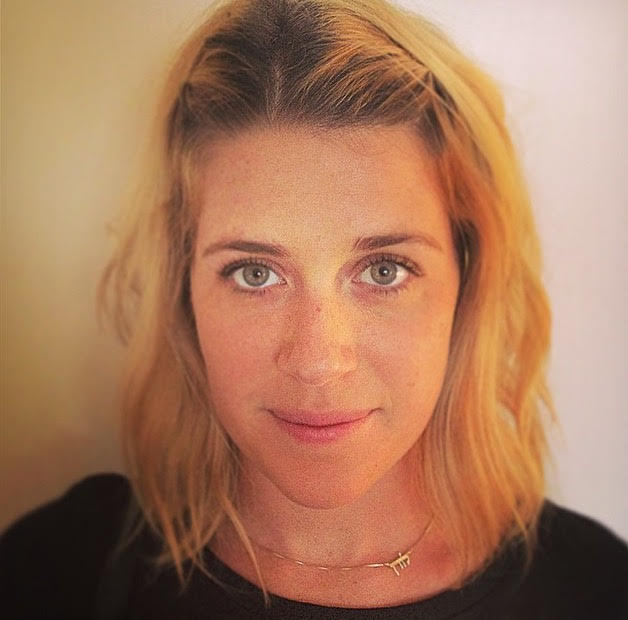Annika Hagelin presented the project to a crowd at the Impact Hub in Pioneer Square, and explained how her team’s app uses digital records on the city’s parks to improve community access. Hagelin, David Livingstone, Thom Nienow, and Wenjing Qiang collaborated on the app during their final week in Code 301: Intermediate Software Development.

“We used the data from Data.seattle.gov, including parks with BBQ grills, wading pools, and different educational facilities,” Livingstone said. “The city compiled all of this data usefully into one set that we were able to take to the next level.”
Open data is a more ingenious, transparent means of hosting public records. And whether Seattleites are interested in bidding on the city’s surplus fleet equipment, accounting for ongoing transit projects, or digging into law enforcement statistics, Murray’s order is an informative win for citizens and coders alike.
Digital public records present a new opportunity for problem solvers outside of city hall—such as Code Fellows students—who have an interest in using unique datasets to address problems facing the “smart” city of Seattle.
“Seattle is one of the first cities in the country to provide an open portal to [civic] data,” Hagelin, who is currently enrolled in Code 401, said. “They have a website that is easy to search and navigate. You can download the data in a couple different formats. It’s not always super clean, but [it’s] workable.”
Last year, Seattle and 20 other United States municipalities were selected to participate in a “smart cities” initiative created by the White House. This so-called MetroLab Network partners local governments and research universities in an effort to solve complex challenges of engineering, robotics, and computer science within urban environments.
“Parks should be as easy to learn about and access as a coffee shop on Yelp or an employer on Glassdoor… If people are using the web to research how to spend their free time, then I think our public resources should be online, as well,” Livingstone said. “The city is trying to get everyone they can to use the data they’ve made available—just to get it into the hands of the public in a way where everyone can easily see and understand and use it.”
Seattle’s existing open data policy was developed by City Hall’s IT department, with help from the Sunlight Foundation and University of Washington’s Tech Policy, Urban Infrastructure, and eScience labs. The city first committed to uploading public data in 2010, and has since published approximately 400 datasets online. The mayor’s order hopes to bring 154 more into the realm of open access by the end of the year.
Congratulations to Annika, David, Thom, and Wenjing for their civic contribution, and for their dedication to ingeniously using code!

